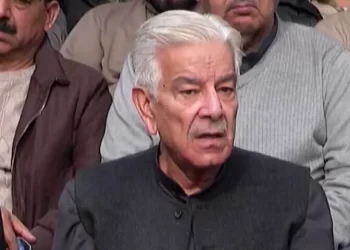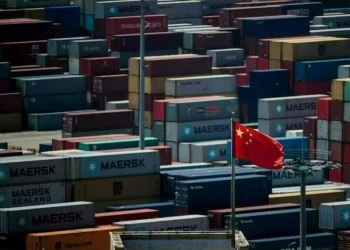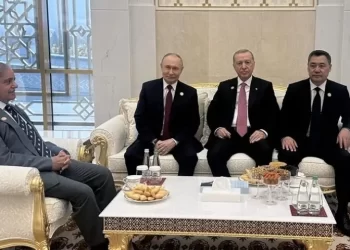- China has been a key ally and crucial trade partner to Russia during the war in Ukraine.
- Cold War historian Sergey Radchenko argued in a New York Times op-ed that it’s unwise for Putin to rely on China.
- Radchenko said history shows China will flip on allies as needed if it’s to their benefit.
As much of the Western world has shunned Russia over its invasion of Ukraine, China has served as the country’s most powerful ally — but relying too heavily on that partnership could spell trouble for Russian President Vladimir Putin down the line.
Putin and Chinese President Xi Jinping have boasted about their “no limits” friendship, driven in part by a desire to curb US power. Xi has largely avoided criticism of Russia’s actions in Ukraine, and China has been a crucial trading partner to Russia after it was cut off by the West. China has even been sending the Kremlin enough military equipment for an entire army, according to a report from Politico this week.
But Sergey Radchenko, a Cold War historian at Johns Hopkins University, wrote in an op-ed for The New York Times that it’s unwise for Putin to put all his eggs in one China-sized basket.
“The Chinese Communist Party’s approach to geopolitics is rooted in an ancient strategic culture of playing other nations — sometimes dismissed as barbarians during China’s imperial times — against one another for China’s benefit,” Radchenko wrote.
He cited China’s actions in the early 1970s, when Chinese leader Mao Zedong cozied up to the US, his “avowed foe,” while his country was on the brink of war with the Soviet Union. A senior Chinese official in 1975 said the move wasn’t because China had “good feelings toward the United States” but was intended to take advantage of the US conflict with the Soviets. But, Radchenko said, by the end of the decade China was playing the US against the USSR, and had grown closer to the Soviet Union instead.
“China remains the same secretive, self-serving Communist Party state that it was in Mao’s day, with an outlook on global politics in which alignments are viewed as temporary,” he wrote.
Radchenko noted that Russia has become increasingly reliant on China for support, adding that Putin “has made a potentially grave error, burning bridges with the West to go all in with China in reckless disregard for Beijing’s track record of instrumentalizing its friendships.”
Some have argued that, at least for now, China may need Russia too. Jonathan Ward, CEO of the Atlas Group, told Insider’s Tom Porter last month that Xi has invested a lot in China’s relationship with Russia and that the partnership may be key to his global strategic ambitions of confronting the West.
“This investment of personal political capital and broader strategic effort is too substantial to be easily abandoned or lost,” he said.









